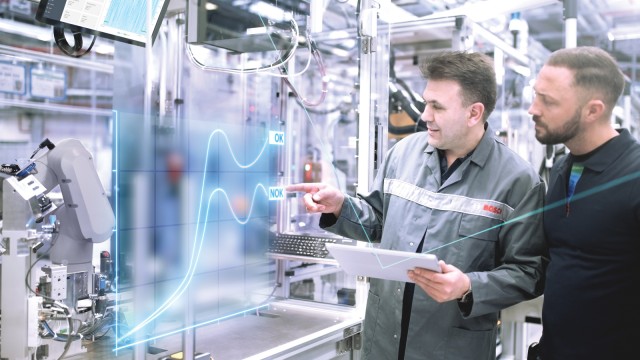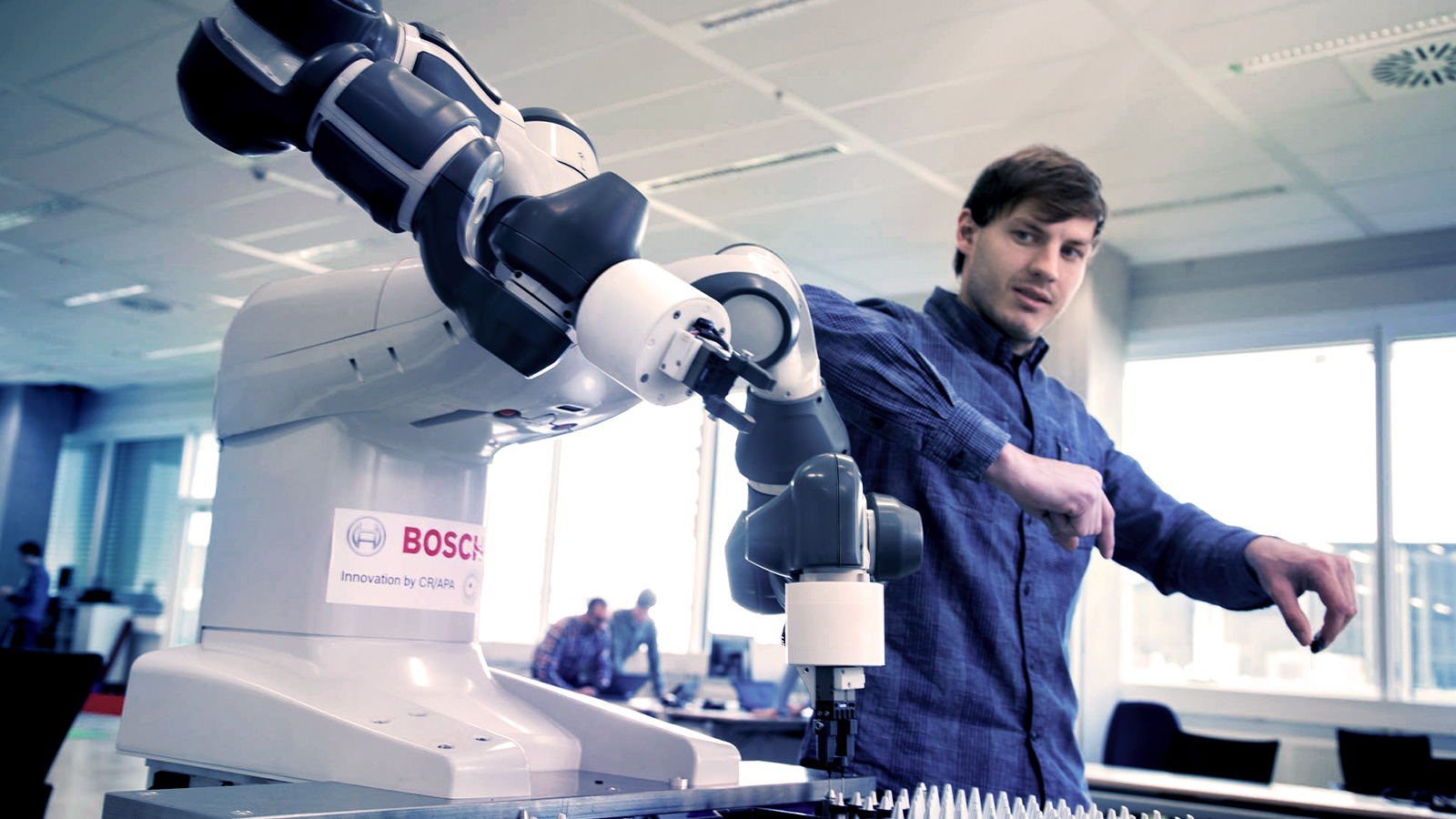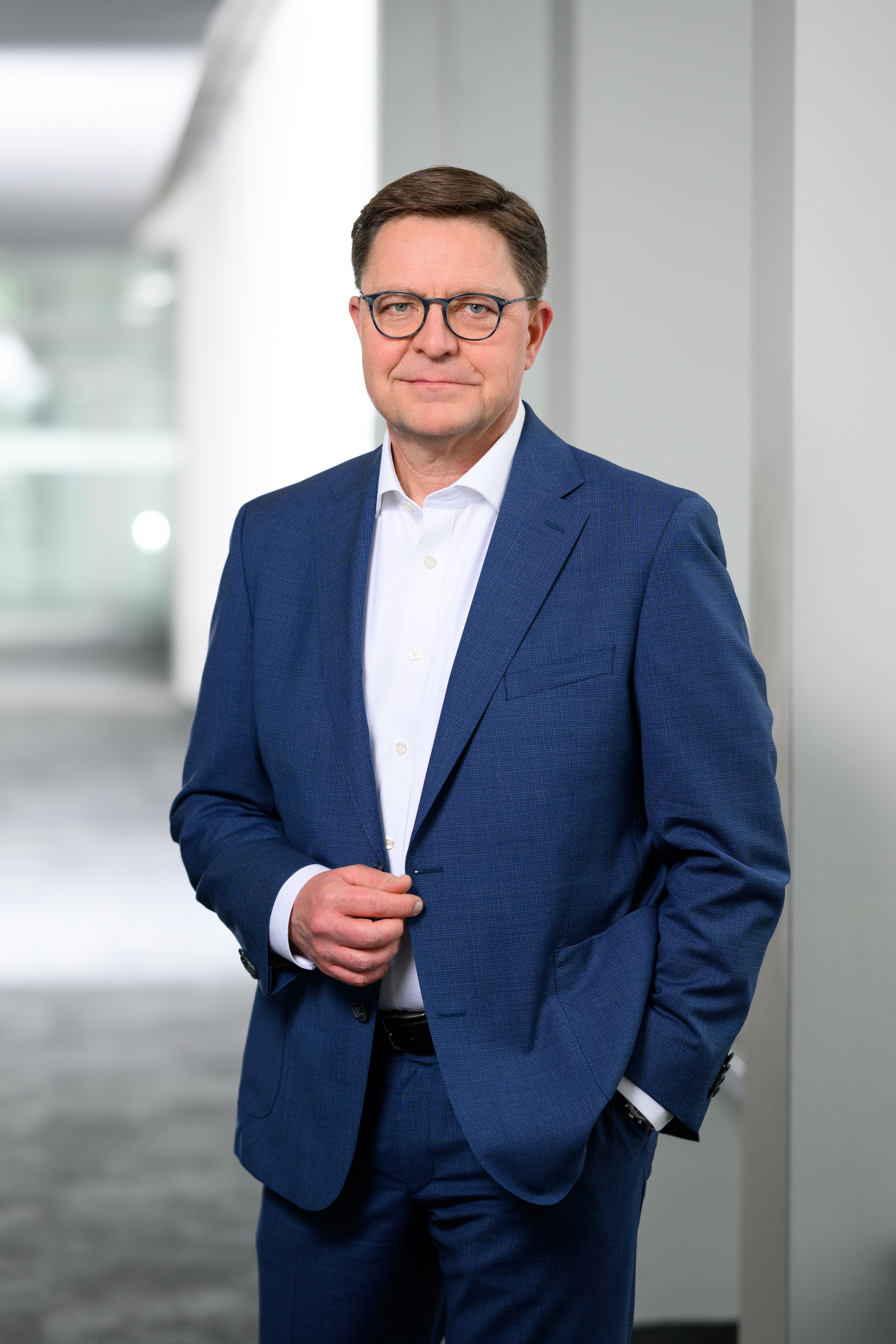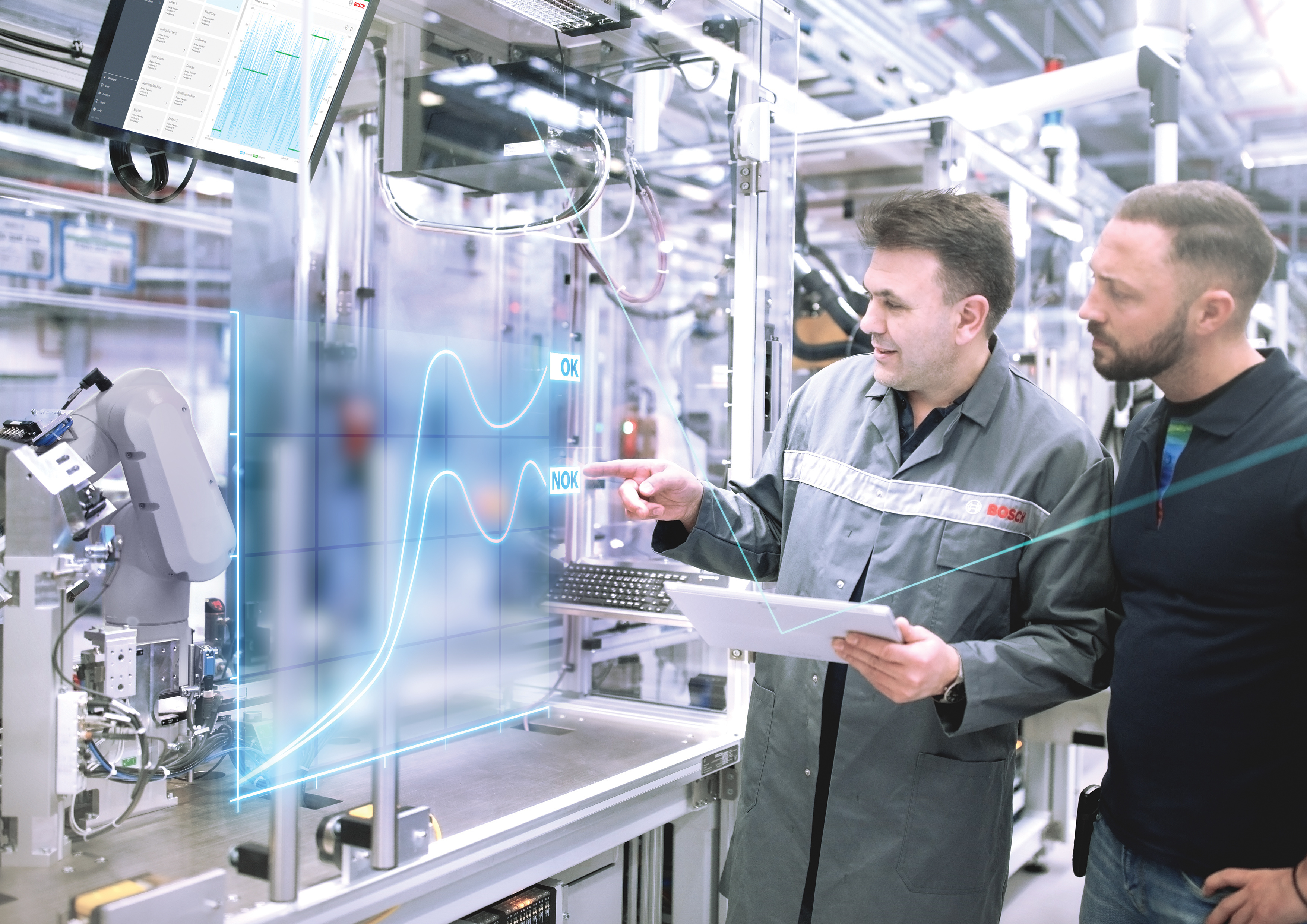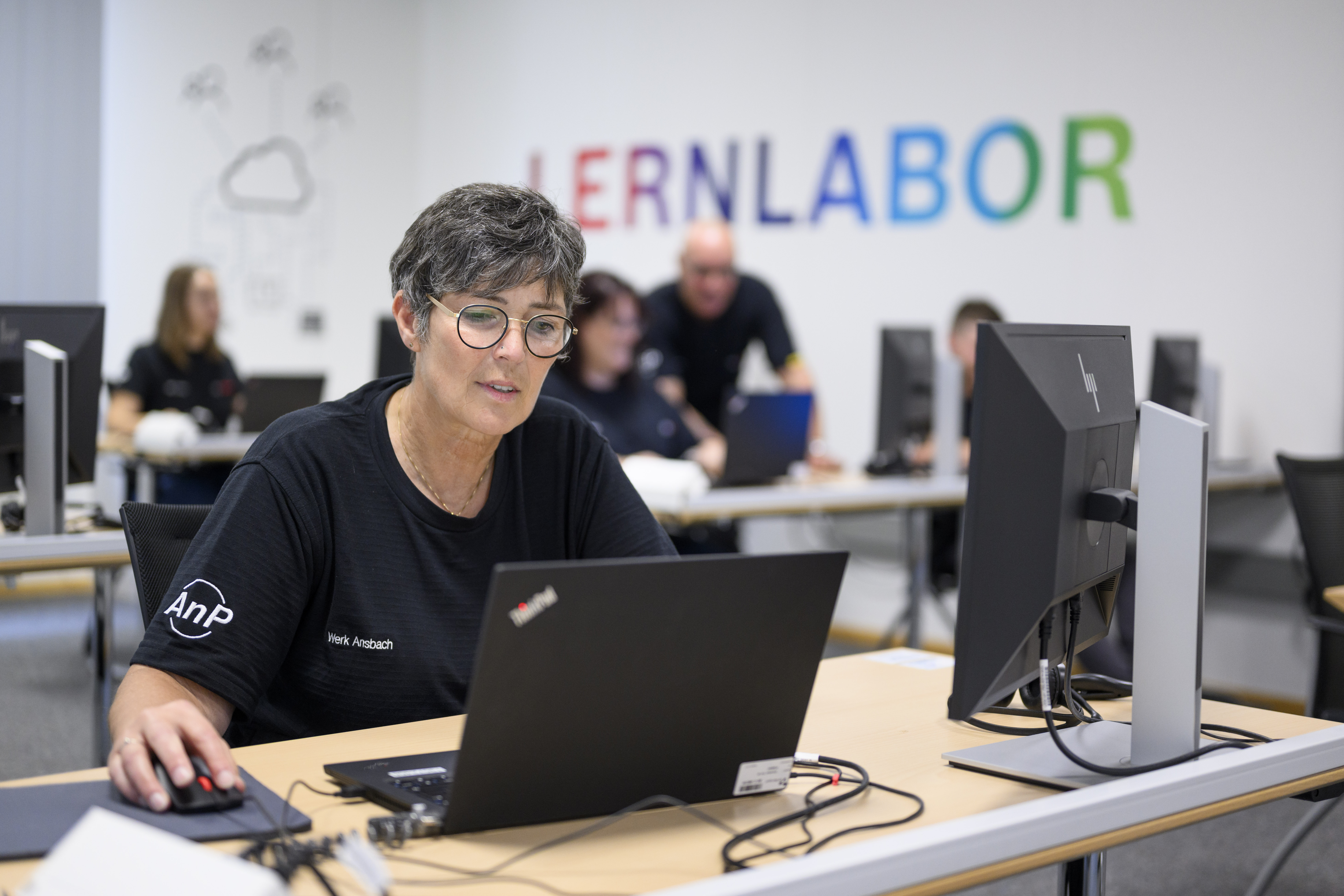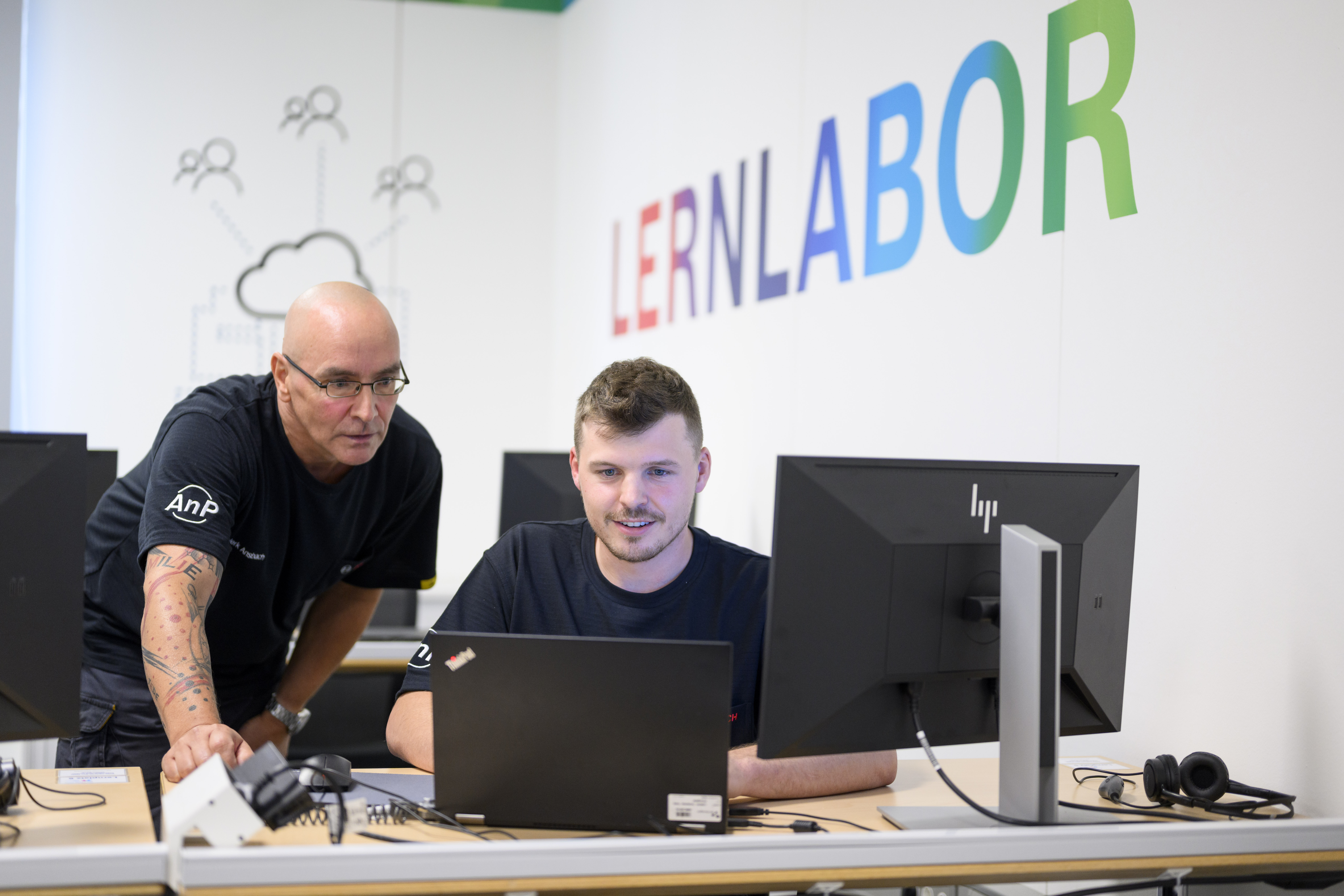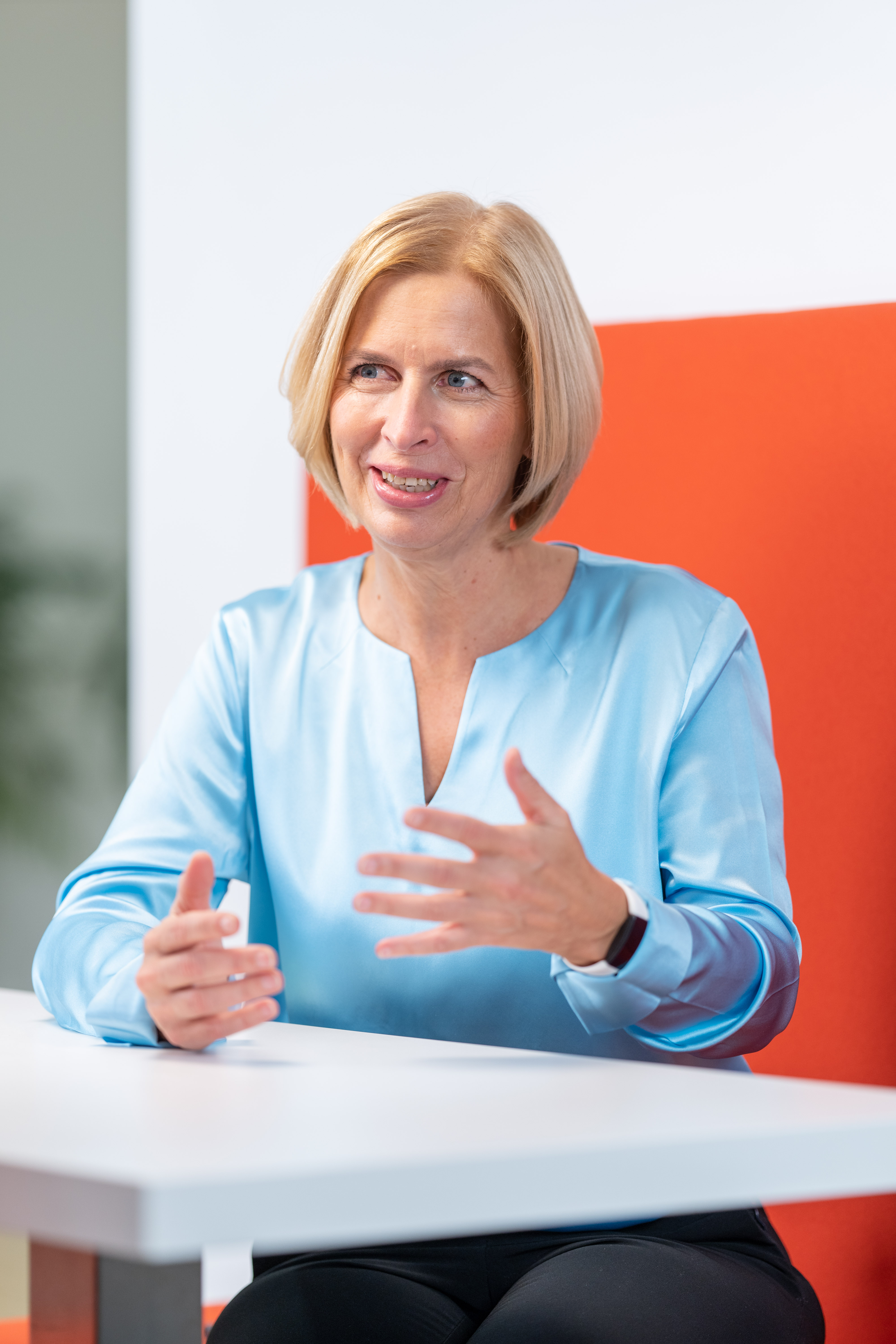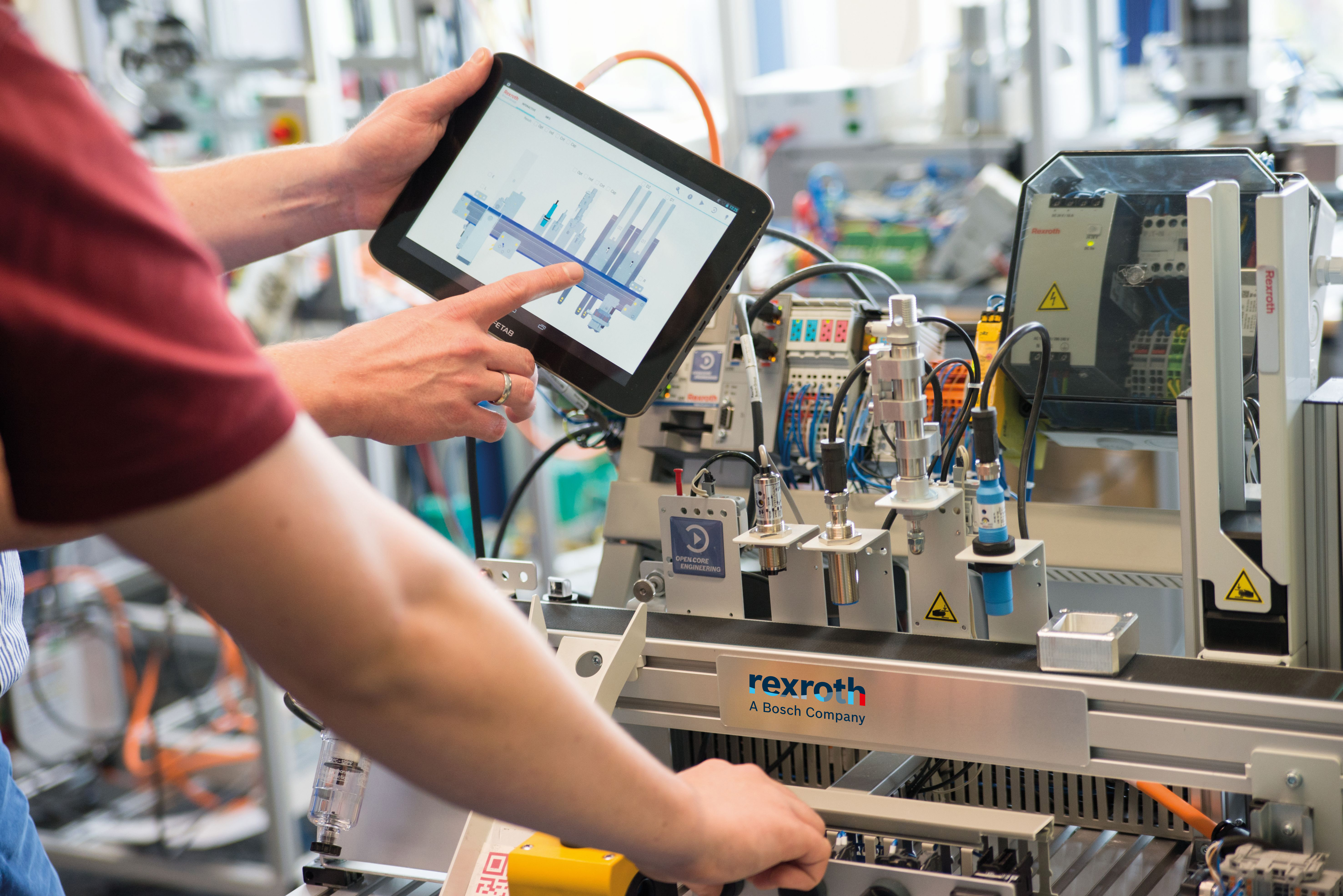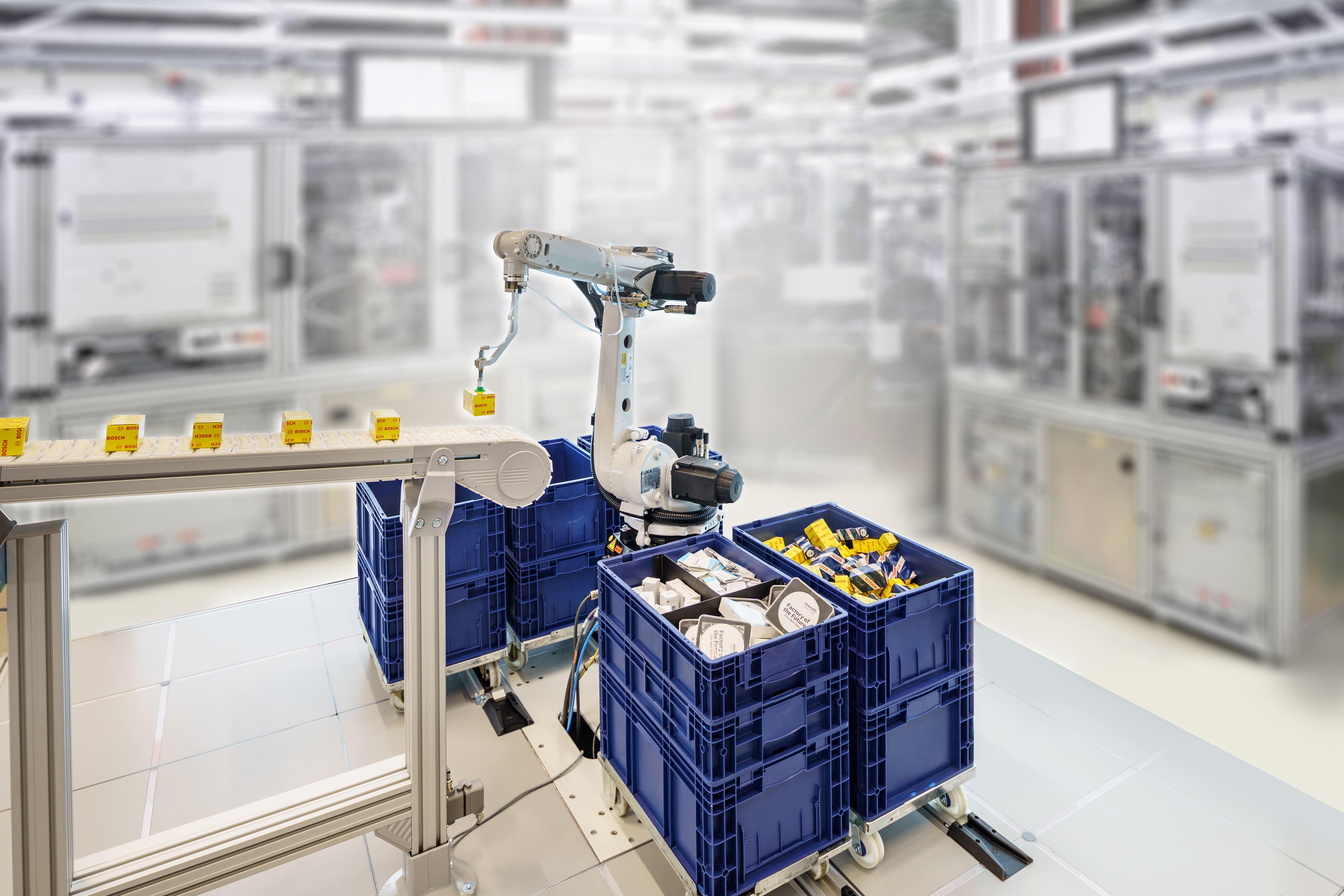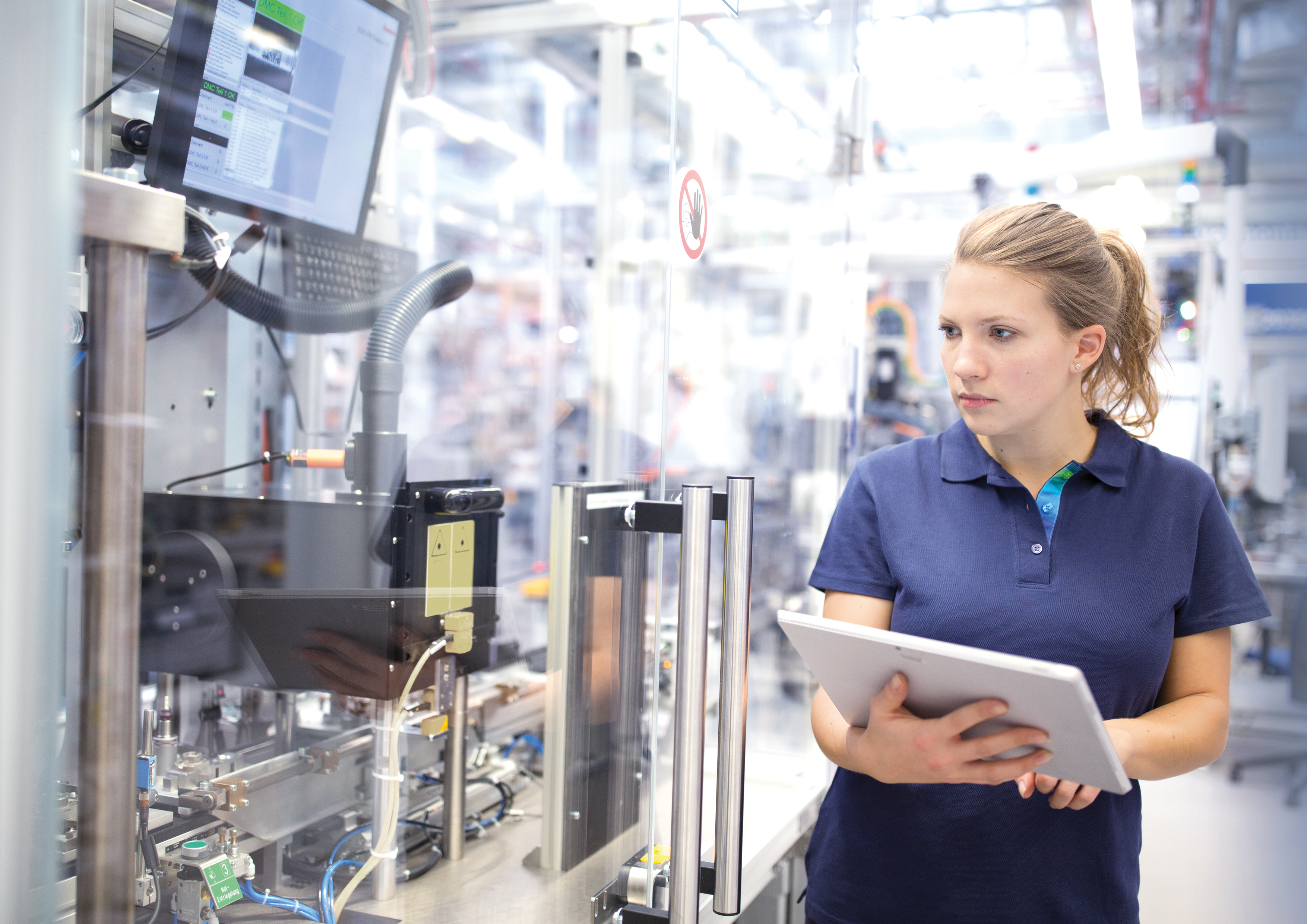Stuttgart, Germany – It’s something that affects nearly every company. An aging society and labor shortages are social trends that are shaping the 21st century. “Bosch is facing up to these challenges as a committed employer: we’re focusing on training and upskilling as well as on intelligent technology that makes associates’ work easier,” says Stefan Grosch, member of the Bosch board of management and director of industrial relations. In 2022, the company offered more than 30,000 training seminars worldwide, with more than 520,000 Bosch associates taking part. One focus was technological expertise. More than 130,000 participants were able to acquire knowledge in technologies of the future such as electromobility, software engineering, and Industry 4.0. “Looking at the metrics for the first half of the year, we expect to train around 50 percent more Bosch participants in 2023 than we did the year before,” Grosch says. This commitment to training does not end at the company’s own factory gates. With academies, training centers, and training courses, Bosch also offers other companies, customers, and interested parties the opportunity to acquire knowledge. On the subject of Industry 4.0, for example, the company makes more than 100 Bosch training programs on digitalization and connectivity in manufacturing available externally through Bosch Connected Industry, Bosch Rexroth, and training institutes.
Contact persons for press inquiries:
Kristina Müller-Poschmann,
Spokesperson for personnel and social topics,
Phone: +49 711 811-529885
Twitter: @BoschPress
Dennis Christmann,
Spokesperson for industrial technology and Industry 4.0,
Phone: +49 711 811-58178
Twitter: @BoschPress
About Bosch
The Bosch Group is a leading global supplier of technology and services. It employs roughly 412,000 associates worldwide (as of December 31, 2025). According to preliminary figures, the company generated sales of 91 billion euros in 2025. Its operations are divided into four business sectors: Mobility, Industrial Technology, Consumer Goods, and Energy and Building Technology. With its business activities, the company aims to use technology to help shape universal trends such as automation, electrification, digitalization, connectivity, and an orientation to sustainability. In this context, Bosch’s broad diversification across regions and industries strengthens its innovativeness and robustness. Bosch uses its proven expertise in sensor technology, software, and services to offer customers cross-domain solutions from a single source. It also applies its expertise in connectivity and artificial intelligence in order to develop and manufacture user-friendly, sustainable products. With technology that is “Invented for life,” Bosch wants to help improve quality of life and conserve natural resources. The Bosch Group comprises Robert Bosch GmbH and its roughly 490 subsidiary and regional companies in over 60 countries. Including sales and service partners, Bosch’s global manufacturing, engineering, and sales network covers nearly every country in the world. Bosch’s innovative strength is key to the company’s further development. At 136 locations across the globe, Bosch employs some 82,000 associates in research and development.
The company was set up in Stuttgart in 1886 by Robert Bosch (1861-1942) as “Workshop for Precision Mechanics and Electrical Engineering.” The special ownership structure of Robert Bosch GmbH guarantees the entrepreneurial freedom of the Bosch Group, making it possible for the company to plan over the long term and to undertake significant upfront investments in the safeguarding of its future. Ninety-four percent of the share capital of Robert Bosch GmbH is held by Robert Bosch Stiftung GmbH, a limited liability company with a charitable purpose. The remaining shares are held by Robert Bosch GmbH and by a company owned by the Bosch family. The majority of voting rights are held by Robert Bosch Industrietreuhand KG. It is entrusted with the task of safeguarding the company’s long-term existence and in particular its financial independence – in line with the mission handed down in the will of the company’s founder, Robert Bosch.
Additional information is available online at www.bosch.com, www.bosch-press.com.
